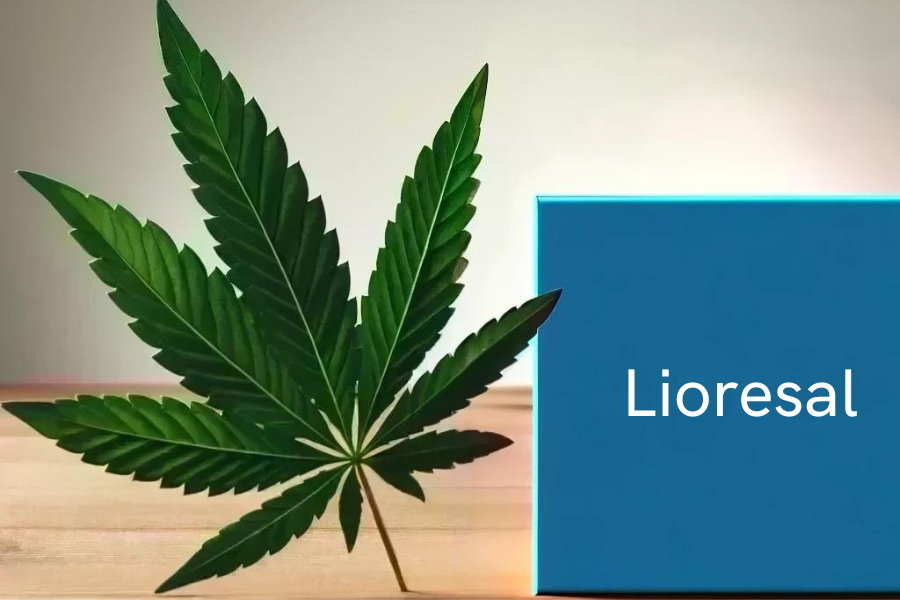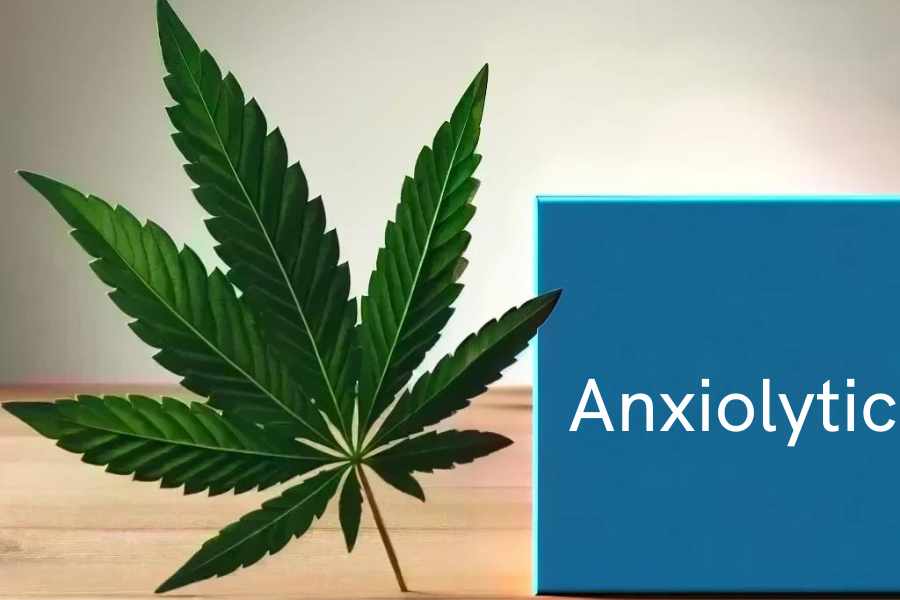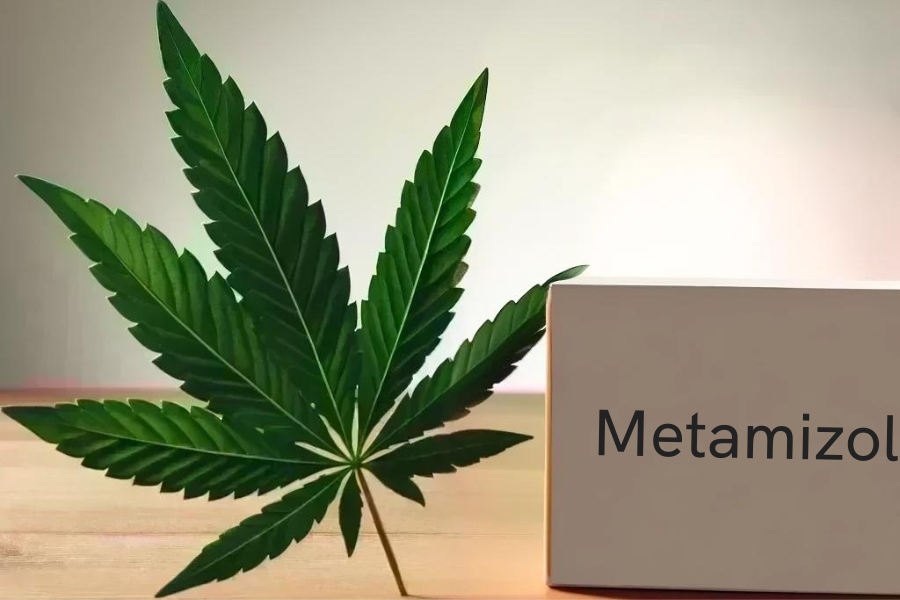The purpose of this article is to delve into the possible interactions between cannabis and muscle relaxants, focusing specifically on medications like Lioresal and Baclofen-ratiopharm. This information can help medical professionals, cannabis users, and anyone on muscle relaxants understand any potential health implications of their simultaneous use.
It’s essential to mention that this article should not replace personalised advice from your healthcare provider. It is always recommended to consult a healthcare professional when making decisions about your medication.
Overview of Cannabis
Components
Cannabis consists of numerous components; the most known are delta-9-tetrahydrocannabinol (THC) and cannabidiol (CBD). THC has psychoactive properties and is the principal component responsible for the ‘high’ associated with cannabis use. On the other hand, CBD is non-psychoactive and has been linked to several therapeutic effects, including reducing anxiety and inflammation. [source]
Common Uses
Cannabis is employed for both recreational and medicinal purposes. In medicine, it can be used to manage chronic pain, reduce nausea during chemotherapy, and to ameliorate the symptoms of several neurological and mental disorders.
Overview of the Pharmacological Drug
Drug Information
Lioresal and Baclofen-ratiopharm are brand names for Baclofen – a muscle relaxant and an antispastic agent. It functions by affecting the nervous system and relaxing muscles. [source]
Common Uses
These drugs are typically prescribed to treat spasms, stiffness, and muscle pain that result from conditions like multiple sclerosis and other spinal cord diseases or injuries.
Potential Interactions
Physiological Basis
Cannabis and Baclofen can interact within the nervous system. Similar to Baclofen, cannabinoids from cannabis like THC and CBD have recognized muscle relaxant effects, which could potentially enhance the effects of Baclofen. [source]
Research Findings
Scientific research on interactions is currently limited. However, it’s documented that both Baclofen and cannabis can cause drowsiness, dizziness, and cognitive impairment — these effects might be accentuated when these substances are combined. [source]
Anecdotal Evidence
It’s worth highlighting anecdotal reports suggesting that combining cannabis with baclofen can either enhance or lessen the desired effects of the two substances. Yet, it’s critical to remember that the reliability of anecdotal evidence is low because experiences can greatly vary depending on individual factors.
Risks and Warnings
Adverse Effects
Combining cannabis and muscle relaxants could possibly lead to adverse effects such as excessive tiredness, difficulty concentrating, impaired motor coordination, and at times, depressing the central nervous system too much. [source]
Risk Populations
Those particularly at risk are older adults, individuals with respiratory diseases, the ones with low tolerance to these substances, pregnant women and those with a history of substance abuse.
Recommendations
Medical Advice
Always consult with your healthcare provider before using cannabis, especially if you’re on prescription medications like muscle relaxants. Don’t self-adjust the medication dosage without seeking professional advice.
Monitoring
Regularly monitor your reaction to the combined intake of these substances. Any unusual symptoms should be reported to your healthcare provider immediately.
Dosage Considerations
Currently, there are no standard dosing guidelines for the combination of cannabis and Baclofen. This emphasises the importance of personalised dosing under the supervision of a healthcare provider.
Conclusion
The interactions between cannabis and Baclofen can be complex and vary greatly between individuals. It’s important to speak with a healthcare provider if you’re considering using these substances concurrently. Stay informed and prioritize your health.





